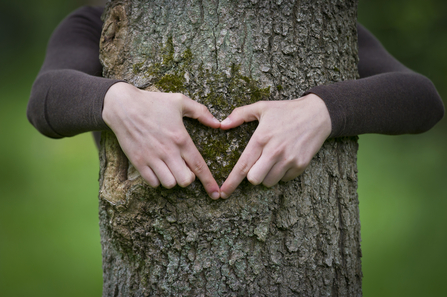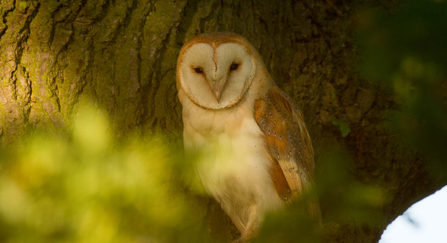Tomorrow, Tuesday 28 July, HS2 Ltd are due to take legal possession of a large part of Calvert Jubilee nature reserve and begin clearance works. They will destroy an area of the eastern side of the reserve to make space for the High Speed 2 project railway. This precious, much-loved, nature reserve is cared for by Berkshire, Buckinghamshire and Oxfordshire Wildlife Trust – the charity has spent many years campaigning against HS2 and they, and their volunteers and members, are devastated by this development.
The Wildlife Trusts have challenged High Speed 2 (HS2) ever since it was first proposed, on the grounds that it will cause huge damage to wildlife and wild places. Fourteen Wildlife Trusts along the proposed HS2 route have campaigned against the project and in January this year The Wildlife Trusts published a report 'What’s the damage? Why HS2 will cost nature too much’ which showed that HS2 will divide and destroy huge swathes of irreplaceable natural habitat and important protected wildlife sites up the length of England. The report outlined how nature will be badly damaged, wild places will be fragmented and endangered species will face local extinction.
One of the more formal routes of our work - that you are unlikely to hear much about - is through the HS2 Bill Select Committees. Tomorrow, we will be making a strong case to the committee that HS2 must give more back to nature than it takes away. We will be making this case for the sake of wildlife, people and local communities.
I will be presenting evidence at a time when there is vastly increased awareness of the role healthy, restored, natural habitats play in regulating the climate and reducing the impact of the climate change. The Wildlife Trusts’ recent report, Let Nature Help, showed that nature’s recovery is crucial to tackling the climate crisis – that the twin nature and climate emergencies must be addressed together.



